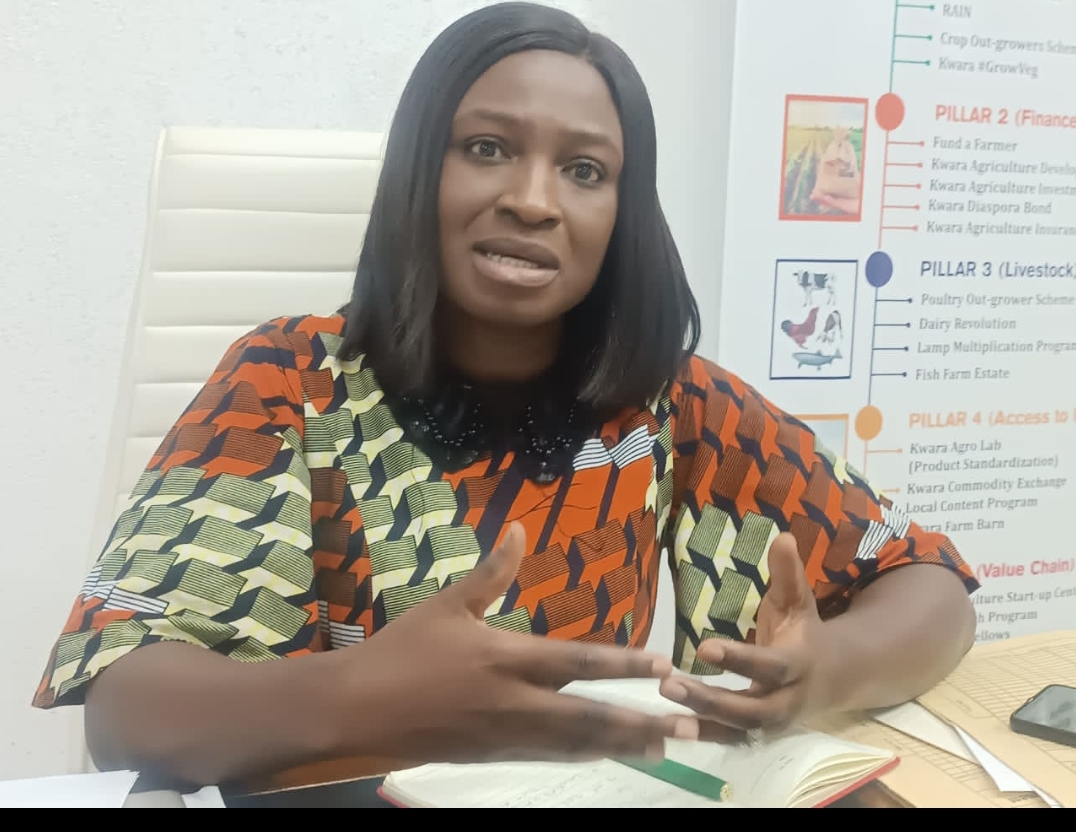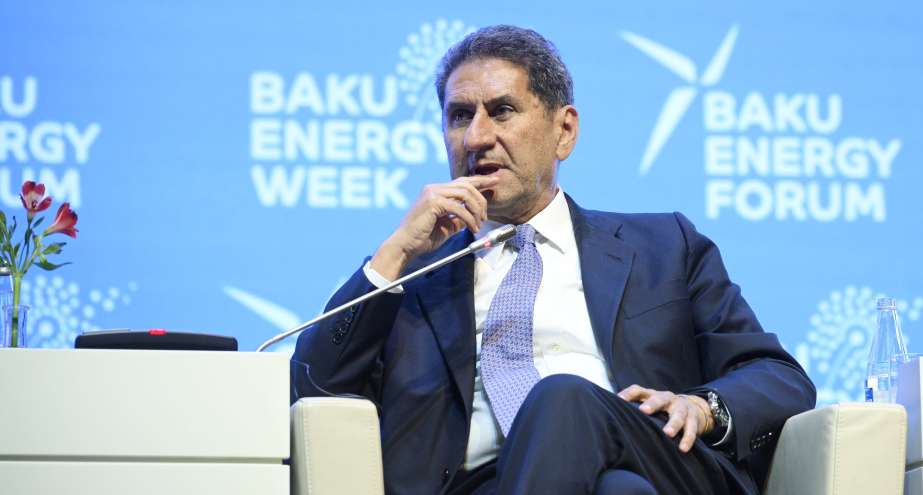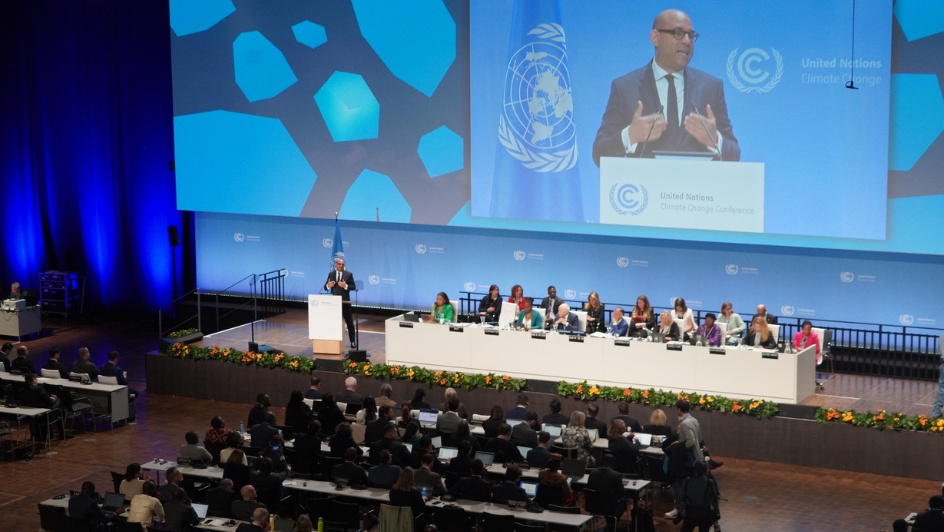In a strategic move to combat climate change and enhance food production, the Kwara State government has unveiled plans to implement a statewide irrigation program.
This initiative, which will begin in Kwara North, aims to cover all three senatorial districts of the state.
Announcing the plan to Sobi FM, the Commissioner for Agriculture and Rural Development, Mrs. Oloruntoyosi Thomas, emphasized the importance of this initiative.
She explained that the irrigation project is part of the ACReSAL program, a World Bank-supported initiative designed to bolster sustainable agriculture.
“The ambitious plan will help the state in its quest for improved food production,” Mrs. Thomas stated.
The project will provide farmers with small-scale, solar-powered irrigation systems, enhancing their capacity to increase crop yields.
The ACReSAL program, known for its multi-sectoral and multi-institutional approach, integrates efforts across the environment, agriculture, and water sectors.
Mrs. Thomas highlighted the project’s focus on sustainable land and water management to combat land degradation, deforestation, and climate change.
“Climate change is one of the prevailing environmental problems in the world that has gained universal discussion in recent times because of its multiple effects.
“By investing in irrigation infrastructure and technology, the state government is expecting to achieve greater food security, reduce poverty, create employment opportunities for Kwarans, and reduce food prices in the state,” she said
She said Kwara State’s investment in irrigation infrastructure is a proactive step towards addressing climate change challenges and improving agricultural productivity, positioning the state as a leader in sustainable agricultural practices in Nigeria.
The commissioner also pointed out the success of previous government programs promoting individual irrigation, particularly the FADAMA initiatives.
She stressed the substantial natural resources available, such as shallow groundwater, and the potential for profitable irrigated agriculture, especially with renewable energy sources like solar power.





